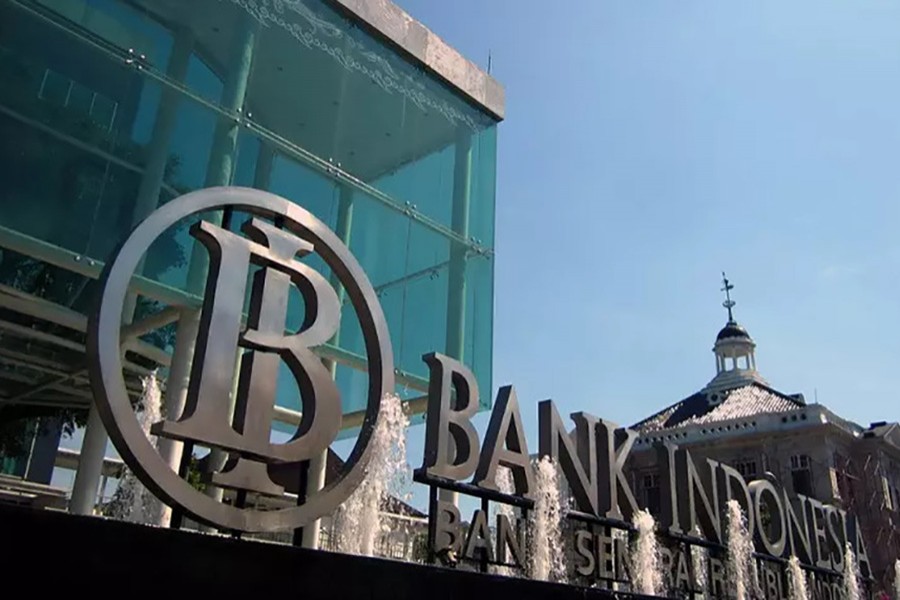Bank Indonesia (BI), the central bank of the country, is expected to keep its benchmark interest rate steady at a policy review on Thursday, a Reuters poll showed.
The poll also said that the BI may begin to follow other Asian central banks by cutting later this year.
All but three of 22 analysts surveyed predicted the central bank will hold the 7-day reverse repurchase rate at 6.0 per cent, where it has been since November.
The other three forecast a trim by 25 basis points (bps), which would be the first rate cut since September, 2017.
A reduction would put BI on the same path as central banks in India, Malaysia and the Philippines who have loosened monetary conditions following the Federal Reserve’s dovish turn.
Hours before BI’s meeting, the Fed, facing fresh demands by US President Donald Trump to cut interest rates, is expected to leave borrowing costs unchanged, but possibly lay the groundwork for a rate cut later this year.
“Now, we believe the stars in the global economic atmosphere are aligned for a BI rate cut,” said Satria Sambijantoro, an economist with Bahana Sekuritas, who is among the minority predicting a cut this week.
He cited even stronger dovish signals from the Fed, prospects of lower oil prices, and a credit rating upgrade from Standard & Poor’s last month as reasons why BI would feel comfortable cutting now.
Most other economists, however, think BI will take time to monitor global markets before cutting.
Trimegah Securities said in a note this week a premature rate cut would hurt the rupiah currency. Anchoring the rupiah was among BI’s main goals behind rate increases last year that increased the policy rate by a total 175 basis points.
“We’ll turn bearish on rupiah and bonds if BI delivers a rate cut too early,” its economist Fakhrul Fulvian said.
Governor Perry Warjiyo in an interview with Reuters last month said that BI will take into consideration global market conditions and Indonesia’s external balance when “considering the room for monetary policy to be more accommodative”.
Warjiyo told Reuters 2019 GDP expansion is seen at 5.1 per cent, a fraction below last year’s 5.17 per cent and near the bottom end of BI’s 5.0 per cent -5.4 per cent outlook.
On Monday, the governor told a hearing with parliament he expects global uncertainties to subside in the second half of the year.
Indonesian exports have plunged in recent months as global trade slowed and trade tensions between the United States and China escalated.
At its May 16 policy meeting, BI widened its forecast for the current account gap to 2.5 per cent -3.0 per cent of gross domestic products (GDP) this year, from an initial estimate of 2.5 per cent.
All eight respondents who gave a view on the year-end benchmark expect at least one rate cut in 2019. Four predicted the rate would end the year 25 bps below its current level, three saw it 50 bps lower, and one saw the rate 75 bps lower.


